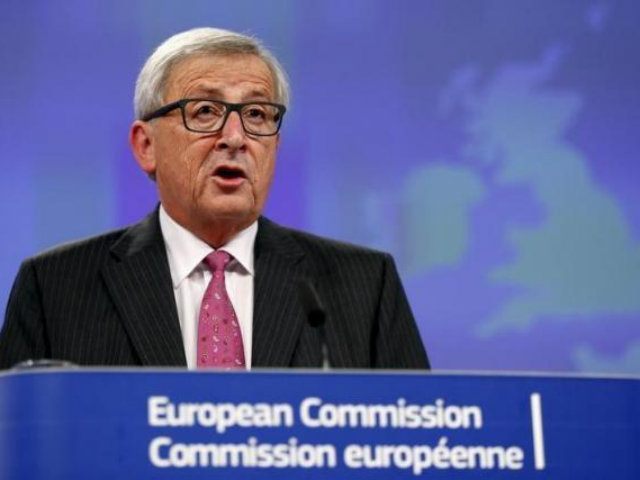European Commission head Jean-Claude Juncker said Friday the EU should offer visa-free short-stay travel to the bloc for Ukraine, Georgia and Kosovo, all three locked in bitter disputes with Russia.
“The Commission this morning took a positive position on the liberalisation of visas for Georgia, Kosovo and Ukraine,” Juncker said after an EU leaders summit in Brussels.
“Accordingly, the Commission was able to propose to EU leaders that they take rapid decisions on visa liberalisation for the three countries,” he said.
Juncker said he had met pro-Western Ukraine President Petro Poroshenko earlier this week to iron out the last remaining issues on the dossier.
Poroshenko enthusiastically tweeted: “Visa-free travels to Europe, here you go!”
EU officials said the Commission will draw up a formal proposal early next year for approval by the European Council, the bloc’s political leaders, and the European Parliament.
The decision may prove especially galling for Moscow whose own efforts to secure visa-free EU access, if only for business leaders, languished for years before falling victim to the Ukraine crisis.
The 28-nation European Union suspended visa liberalisation talks with Russia early last year as it ratcheted up punitive measures, later to include damaging economic sanctions, over its role in the deepening Ukraine crisis.
Member states are expected later Friday to formally approve another six month rollover of the economic sanctions but there are differences over how Russia might read the decision at a time when the EU also wants Moscow’s help to resolve the Syrian crisis.
Ukraine under Poroshenko has made ties with the EU a priority and the two sides have signed an association pact which includes a free trade accord that especially angered Russian President Vladimir Putin.
The free trade accord becomes effective from January.
Georgia, like Ukraine a former Soviet-era satellite, has also sought closer ties with the West since it fought a brief border war with Russia in 2008, losing control of the Abkhazia and South Ossetia regions as a result.
Georgian Prime Minister Irakli Garibashvili said the announcement vindicated the policy of pursuing closer ties with the EU and the reforms adopted to make that possible.
“Our work has been recognised and commended by our European colleagues,” Garibashvili said in a statement.
In 2008, Kosovo declared independence from Serbia, a close ally of Russia.
Kosovo has won recognition from most EU and Western countries, including the United States.

COMMENTS
Please let us know if you're having issues with commenting.